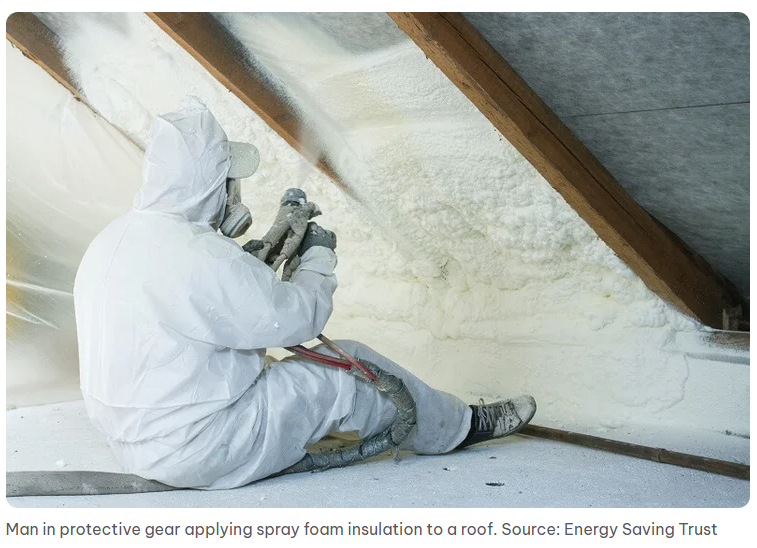The Weekly Reflektion 51/2024
Thank you to the people that attended our Breakfast seminar on 27thNovember and for the feedback we received. We plan to hold a Teams version on Wednesday 18th December 0800 hrs. Let us know if you would like to participate and let your colleagues know.
In an industrial context, culture refers to the shared values, beliefs, behaviours, and practices that shape how employees and leaders interact, make decisions, and achieve organizational goals. It encompasses attitudes toward innovation, collaboration, safety, quality, and customer service, often aligning with the organization’s mission and vision. A strong industrial culture fosters teamwork, accountability, and adaptability while influencing productivity, employee satisfaction, and the company’s reputation within its market. Alternatively, the culture is doing whatever you need to do to make money.
How is your culture doing?

One of the key findings from the Grenfell Tower Inquiry was culture. The industry was criticized for prioritizing cost and expediency over safety, with decisions driven by financial considerations rather than compliance with fire safety standards. Dame Judith Hackett, formerly head of the Health and Safety Executive in the UK, carried out an independent review of Building Regulations and Fire Safety for the UK Government. She described the culture in the building trade as ‘a race to the bottom caused either through ignorance, indifference, or because the system does not facilitate good practice. There is insufficient focus on delivering the best quality building possible, in order to ensure that residents are safe, and feel safe’. Despite an obvious desire to change this ‘culture’ it seems to persist, and government is unfortunately playing its part in encouraging the very behaviours it is trying to stop.
In 2022 the ECO4 scheme was introduced in the UK to improve energy efficiency in homes. The scheme is funded by the UK government however the money is managed by the energy suppliers who are obligated to promote energy efficiency as part of the Energy Company Obligation (ECO) scheme. People owning or renting a property that is heated with electricity and receive income-related benefits could qualify for a grant. The LA Flex Funding scheme extended this to other homeowners that could demonstrate a tight budget. One method for improving home thermal efficiency is the application of spray foam insulation. This technique involves spraying foam on the underside of a roof and there are several challenges with the application. Many of the foams are not environmentally friendly and some use hydrocarbons in the spray. Spray foam insulation can cause roof damage if not applied properly and can lead to respiratory problems and irritations. Bad smells, mould and mildew can also result due to inadequate ventilation and moisture control in some areas. Many people have been unable to sell their house, and mortgages on property with spray foam insulation have been refused as insurers will not insure the property.
Unreputable building contractors approach householders and explain that they can insulate their roofs and organise the paperwork for the grant application. No administration, no cost and a reduction in the heating bills. A win-win situation? The work is complete, and the building contractor receives typically GBP 8000 for a semi-detached house and the energy supplier can include this in their performance targets, and everyone is happy. Until the people experienced physical or health problems, could not sell, insure or remortgage their home, and discover their property valuation haddecreased. They are left with the proverbial ‘cat in the sack’. Other building contractors offer GBP 4000 to remove the insulation, however there is no grant to cover this work.
